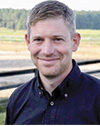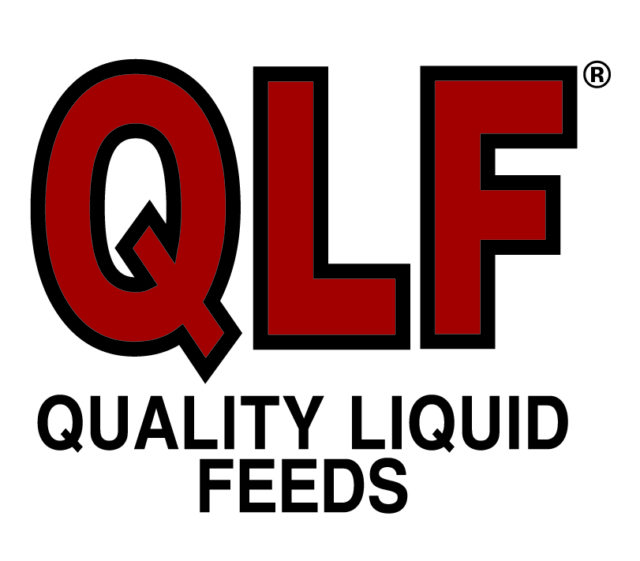Obviously, this doesn’t literally happen, but that doesn’t mean this isn’t what actually takes place all over the country on a daily basis. Market cows and bulls (aka cull cows and bulls) are a lesser understood part of the industry.
To borrow a quote from the National Beef Quality Audit Market Cow and Bull Executive Summary, “People don’t know that cows and bulls supply beef to the industry.” Still, the impact and importance of market cows and bulls on the beef industry is immense.
Open cows aren’t the worst-case scenario on our operations. Lame, nonambulatory and dead cows or herd bulls are much worse. The healthy, ambulatory cows in our beef herds are food in the form of nutritious beef. Producers who want to capture value on market cows and bulls must have a heightened awareness of this part of the beef industry.
Someone may ask, “What should my operation be doing to improve this food/beef product?” The short answer is to manage our cow herds with the same focus and mentality as our calf crops. Just like on the feeder cattle side, we must constantly be aware of the importance of the BQA guidelines for general welfare, chute processing, hauling and nutritional status.
Keeping these things at the forefront more consistently ensures two things: healthy, nutritious beef for the consumer whether that consumer is in another country or own family and friends; and improved economic sustainability on our operations with fewer frustrations.
The 2016 Market Cow and Bull Audit encompasses face-to-face interviews as well as data collection from 18 commercial cow and bull harvest facilities, with one located in the Southeast.
As one example, the study found the following improvements in cattle soundness compared to 2007: 3.3 percent increase in beef cows, 24.6 percent increase in dairy cows, 14.2 percent increase in beef bulls. Although this is positive, we must continue to improve. As a region, we must understand our herds are part of the nation’s food supply.
The NBQA audits can be found online (Beef Quality Assurance).
Happy New Year. ![]()

-
Jason Duggin
- Beef Extension Specialist
- University of Georgia
- Email Jason Duggin









